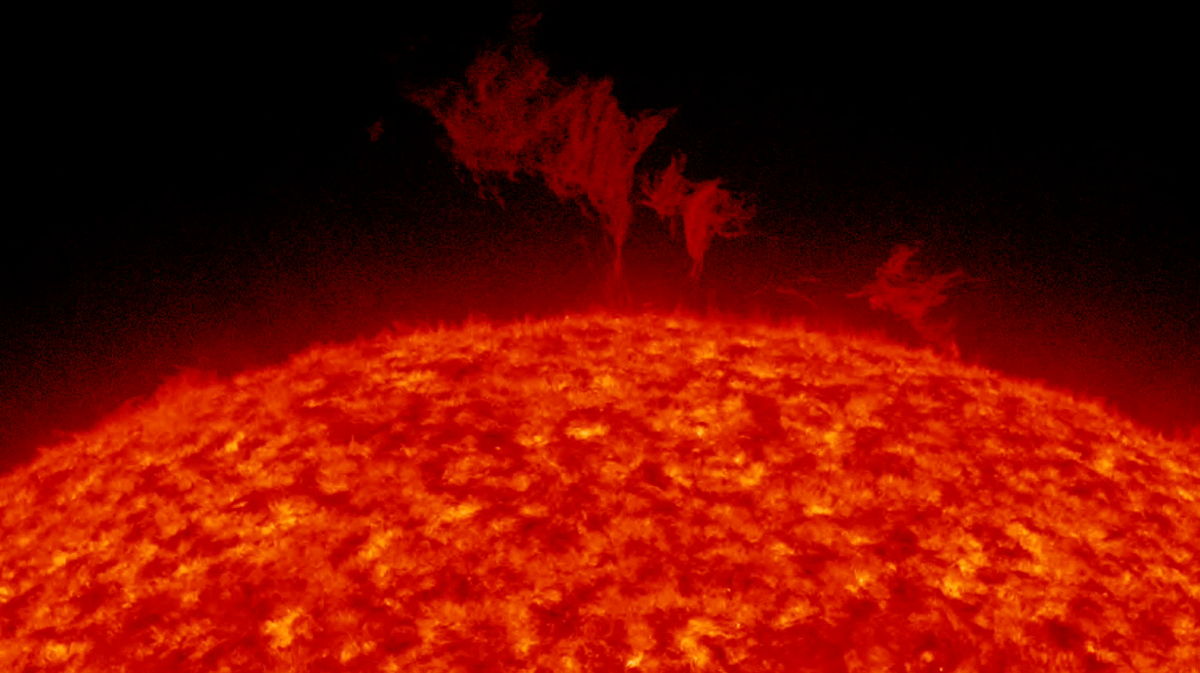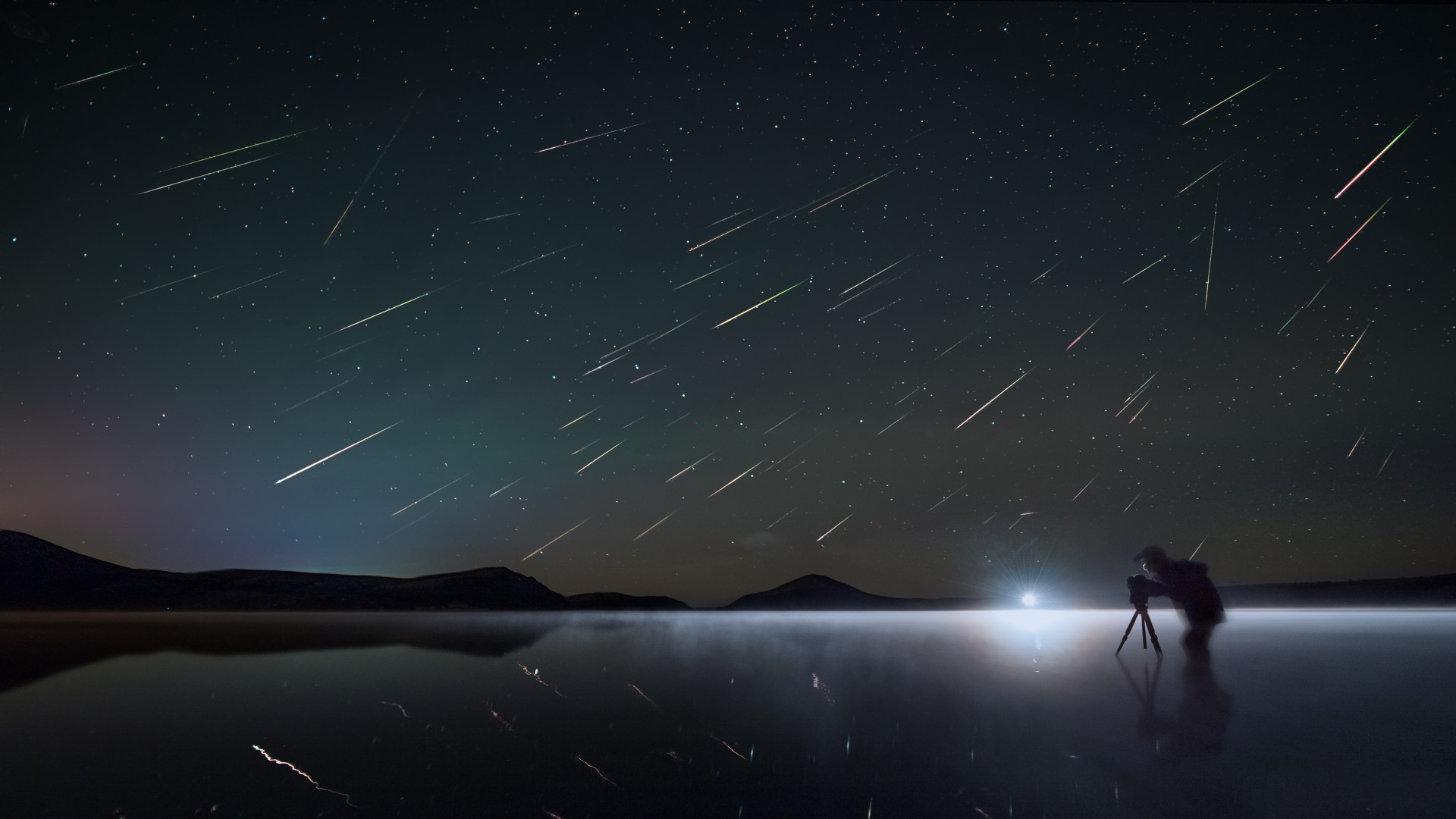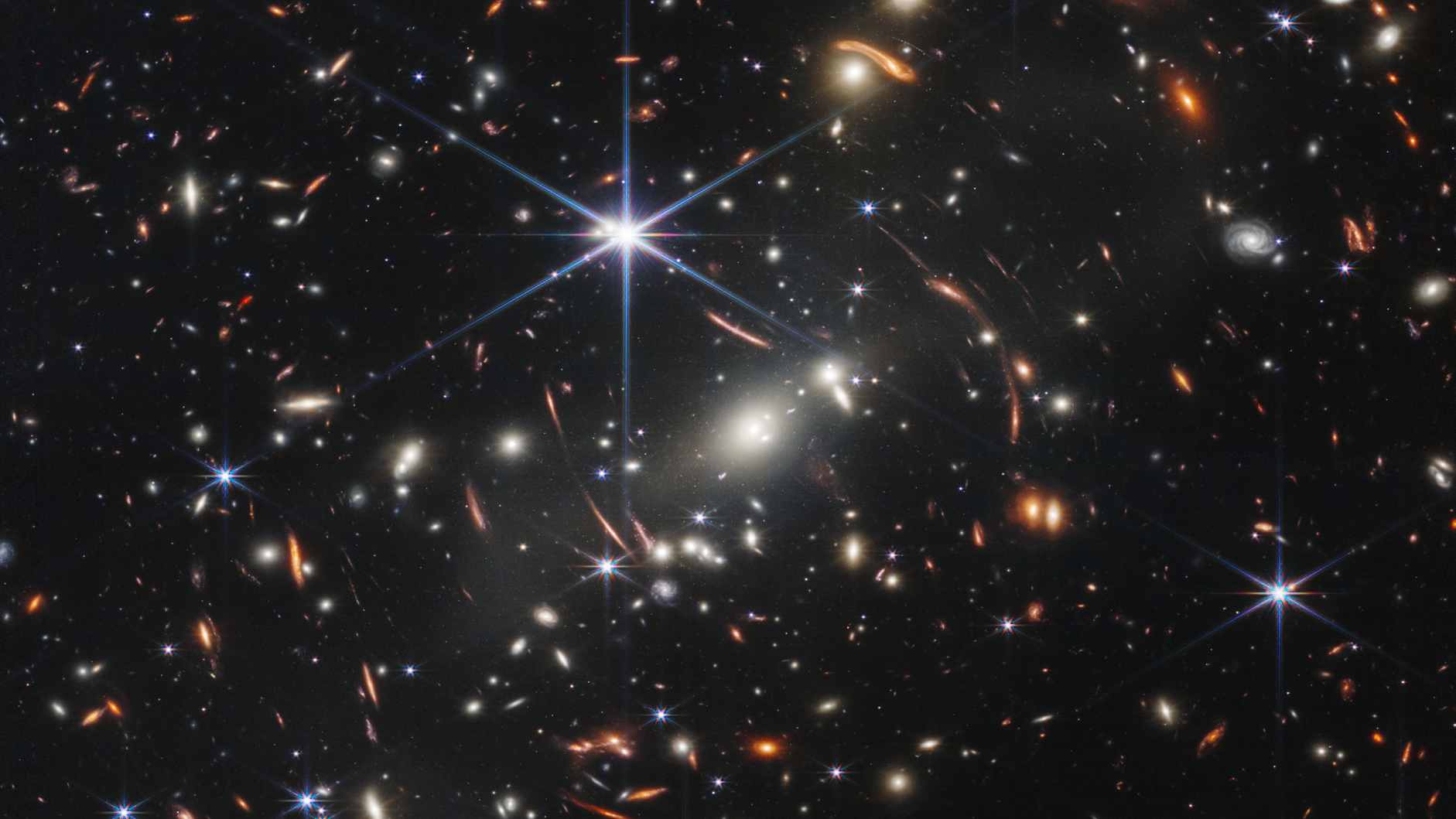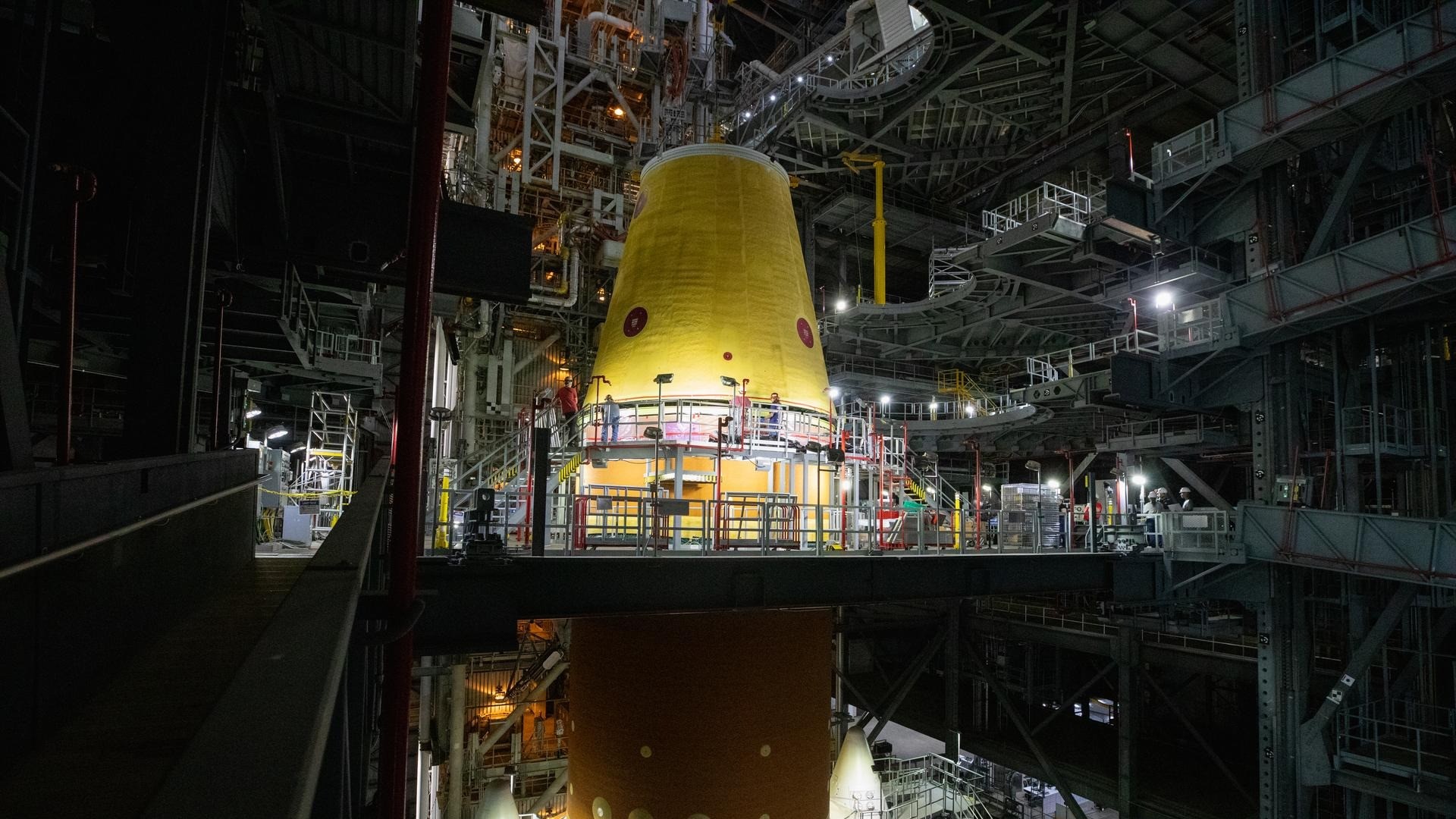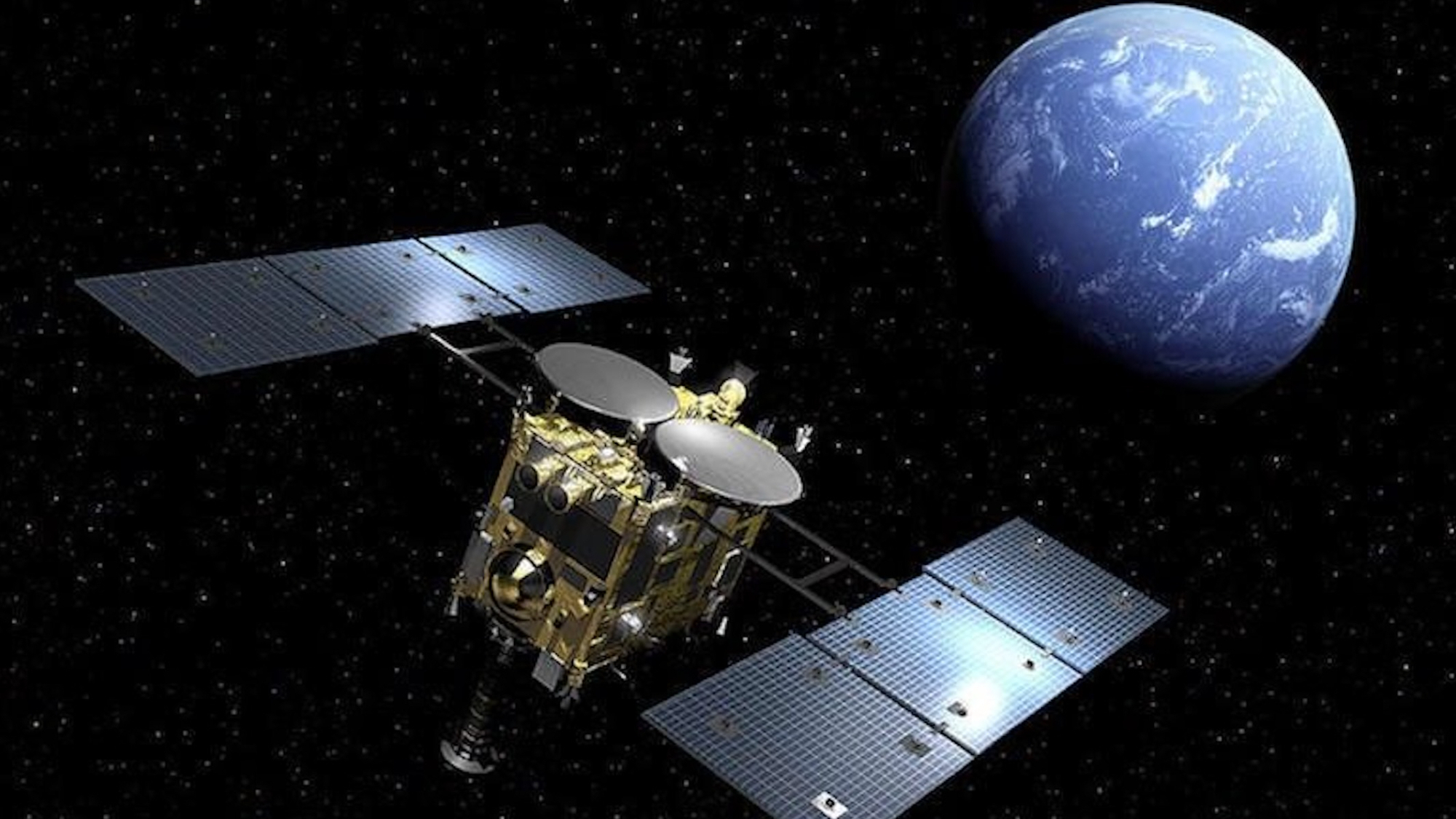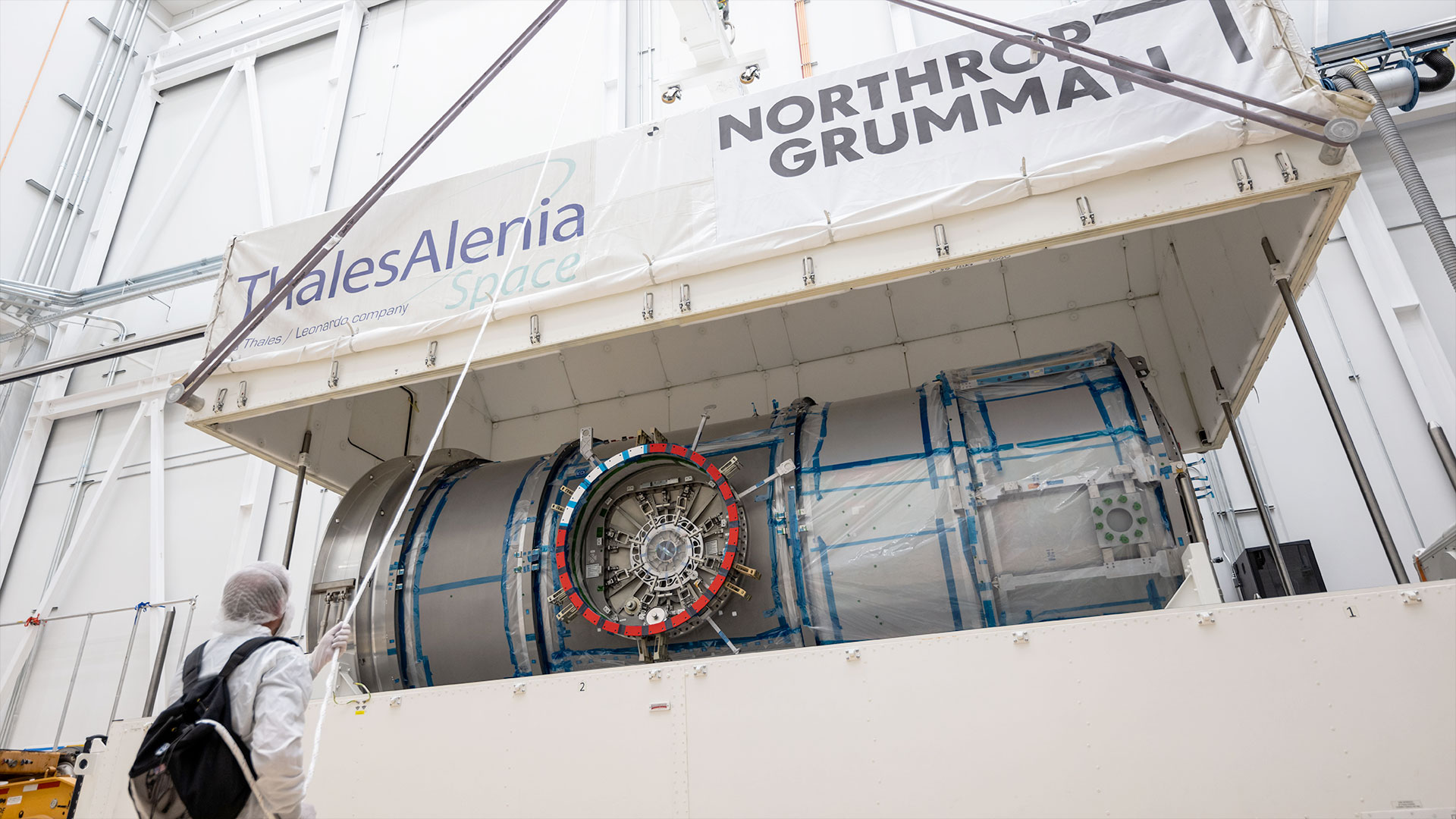Deep-space radiation could cause have big impacts on the brain, mouse experiment shows
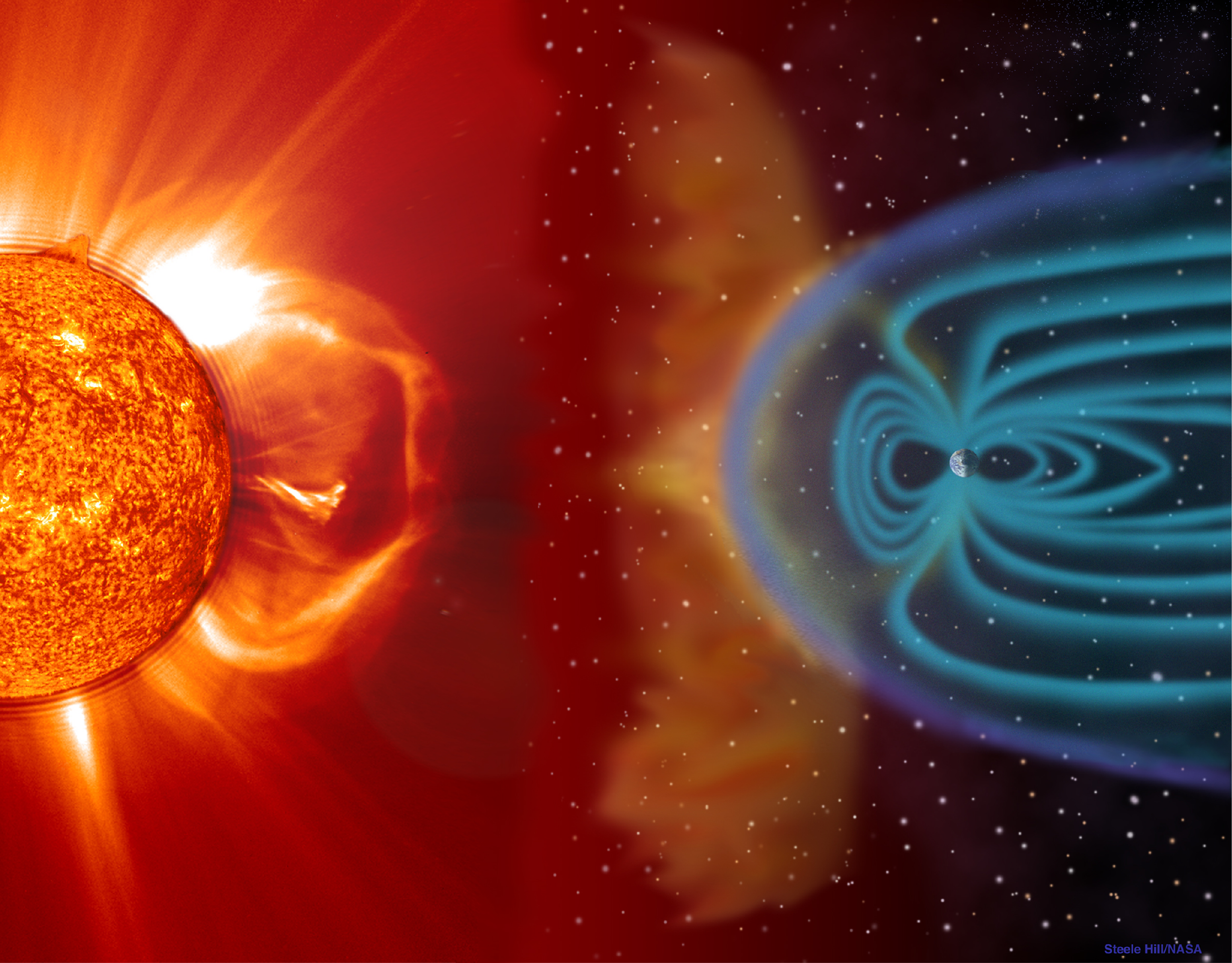
Could deep-space radiation seriously affect the human brain?
In a new study, male mice exposed to simulated galactic cosmic radiation (GCR) — high-energy radiation in space more commonly known as deep-space radiation — experienced impaired spatial learning. Spatial learning in mice is similar to declarative memory in humans, or the ability to remember what happens day-to-day. The female mice in the study did not show spatial learning impairments.
"There is ample evidence now from our lab and other labs showing that deep-space radiation affects the central nervous system. So we do need to study this stressor, [and] there are many questions still to answer," co-author Susanna Rosi, a researcher at the University of California, San Francisco, told Space.com in an email.
Related: Radiation poses a major obstacle to future Mars-bound astronauts
Deep-space radiation is of concern to space agencies and companies as astronauts traveling even on short-duration jaunts to space have to consider the possible effects of the radiation on human health. While researchers continue to conduct research to better understand how radiation in space could affect human health, scientists do know that increased radiation in space does put astronauts at higher risk for health effects like cancer.
"We know the moment we go outside the Earth's magnetosphere we are not protected anymore from deep-space radiation," Rosi said.
In this study, researchers explored the possible health effects of deep-space radiation by exposing a group of mice to simulated GCR in a controlled environment. "We can't ethically irradiate humans so the mouse model is the best approximation we can use," Rosi said.
Get the Space.com Newsletter
Breaking space news, the latest updates on rocket launches, skywatching events and more!
"All experiments were conducted in accordance with [the] National Institutes of Health Guide for the Care and Use of Laboratory Animals and were approved by the Institutional Animal Care and Use Committee of University of California (San Francisco)," the researchers wrote in a paper describing the study.
Five months after being irradiated, the mice were observed over several weeks to see how they behaved. The mice were tasked with finding a hidden platform in water using navigational cues.
When compared to control subjects, the male mice exposed to radiation had, on average, more errors in trying to find the platform, showing impairments in their spatial learning. The female mice did not show these effects.
"We have previously shown in a study published in 2018 that using a different but similar dosing regimen, female mice were protected from the effects of space radiation," Rosi said. "Male mice showed activated innate immune system in the brain while female [mice] did not. We believe that these sex differences are due to the way that the innate immune system microglia respond (in male mice) or don't respond (in female mice) to radiation."
The team also evaluated the mice's behavior and indicators of anxiety, sociability and social memory but observed no changes.
The researchers were also able to identify a blood biomarker that could be used to predict which male mice could be at risk of cognitive effects. They also found that, by temporarily depleting brain immune cells (known as microglia) after exposure, it could help to mitigate some of the effects seen in these male mice.
"This research in line with others suggests that we need to consider the effects of deep space radiation for the astronauts, we need to find mitigators that can help," Rosi said. "The research also tells us that mitigators currently approved in humans to deplete microglia could be used by astronauts!"
This new study, led by researchers at the University of California, San Fransisco, was published Oct. 15 in the journal Science Advances.
Email Chelsea Gohd at cgohd@space.com or follow her on Twitter @chelsea_gohd. Follow us on Twitter @Spacedotcom and on Facebook.
Join our Space Forums to keep talking space on the latest missions, night sky and more! And if you have a news tip, correction or comment, let us know at: community@space.com.

Chelsea “Foxanne” Gohd joined Space.com in 2018 and is now a Senior Writer, writing about everything from climate change to planetary science and human spaceflight in both articles and on-camera in videos. With a degree in Public Health and biological sciences, Chelsea has written and worked for institutions including the American Museum of Natural History, Scientific American, Discover Magazine Blog, Astronomy Magazine and Live Science. When not writing, editing or filming something space-y, Chelsea "Foxanne" Gohd is writing music and performing as Foxanne, even launching a song to space in 2021 with Inspiration4. You can follow her on Twitter @chelsea_gohd and @foxannemusic.
